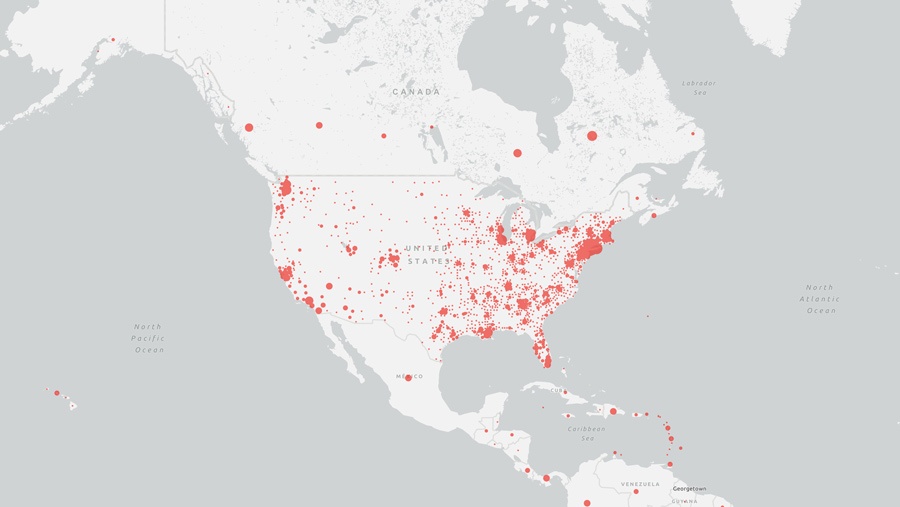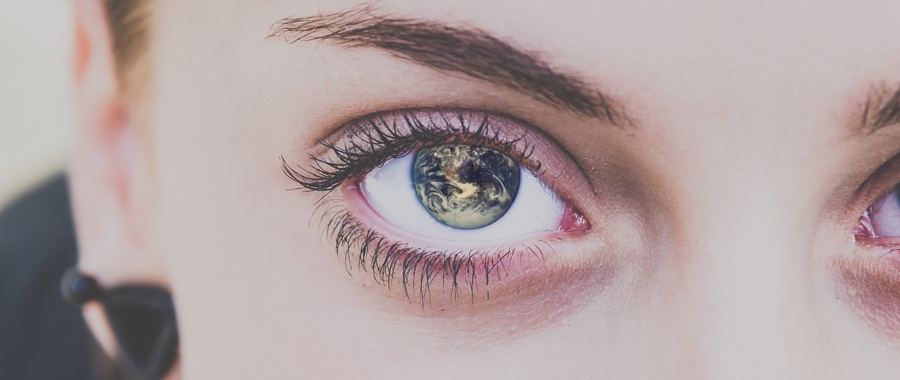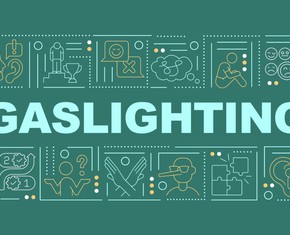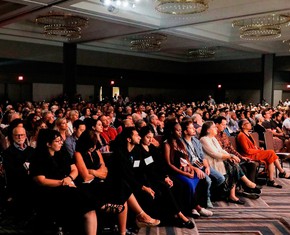The views expressed in our content reflect individual perspectives and do not represent the authoritative views of the Baha'i Faith.
Due to the rude awakening that coronavirus (COVID-19) has given us, people are talking about health all over the world. We worry about how we can take care of our bodies, our families, and our communities.
The highly individualistic components of our culture impact the ways we approach health and healing. In our conversations during the COVID-19 pandemic, it has become even more obvious that our mental health is interconnected with the collective physical health of those around us. When some of us suffer, we all feel the effects. The Baha’i writings offer the following example:
… A member of the human organism is the eye. If the eye should be affected, that affliction would affect the whole nervous system. Hence, if a member of the body politic becomes afflicted, in reality, from the standpoint of sympathetic connection, all will share that affliction since this [one afflicted] is a member of the group of members, a part of the whole. Is it possible for one member or part to be in distress and the other members to be at ease? It is impossible! – Abdu’l-Baha, The Promulgation of Universal Peace
Why did it take a pandemic for many people in the United States to realize how interrelated the different elements of our country are? We can look to the culture of the American healthcare industry to better understand some of these barriers to understanding.
“When we do our part to address the underlying causes of stress in our society, we aid our healing and the healing of others”
Many western medicine practices are deeply specialized. Even when we look at our physical health, it isn’t uncommon for doctors to focus solely on a specific ailment and neglect the rest of the person’s holistic experience. Even when I put a conscious effort into thinking about the interconnectedness of my diet, lifestyle, community norms, and physical health, this culture seeps into the way I operate. I find it easy to neglect certain aspects of my health.
We often view taking care of the community around us as separate from taking care of our personal health. But we can take a preventative stance to properly addressing the health and socioeconomic disparities that exist in our society.

One way we can help address public health, especially if we are not medical professionals, is to alleviate some of the exacerbating elements of people’s suffering. Research shows that most health conditions are deeply affected by stress. When we do our part to address the underlying causes of stress in our society, we aid our healing and the healing of others.
Finding a way to connect harmoniously with those around us is a part of this work. An essential step is to acknowledge the interconnectedness we have with the diverse people around us:
They must be wholly free from estrangement and must manifest in themselves the Unity of God, for they are the waves of one sea, the drops of one river, the stars of one heaven, the rays of one sun, the trees of one orchard, the flowers of one garden. – Abdu’l-Baha, Selections from the Writings of Abdu’l-Baha
In the face of COVID-19, we can reflect on how we can still actively engage with the community while protecting each other through social distancing. When we adjust our mindset away from individualistic survival and ground ourselves in making choices that benefit the collective, we bring hope and health to our community.
Lift up your hearts above the present and look with eyes of faith into the future! Today the seed is sown, the grain falls upon the earth, but behold the day will come when it shall rise a glorious tree and the branches thereof shall be laden with fruit (…) God has crowned you with honour and in your hearts has He set a radiant star; verily the light thereof shall brighten the whole world! – Abdu’l-Baha, Paris Talks
















Comments
Sign in or create an account
Continue with Googleor